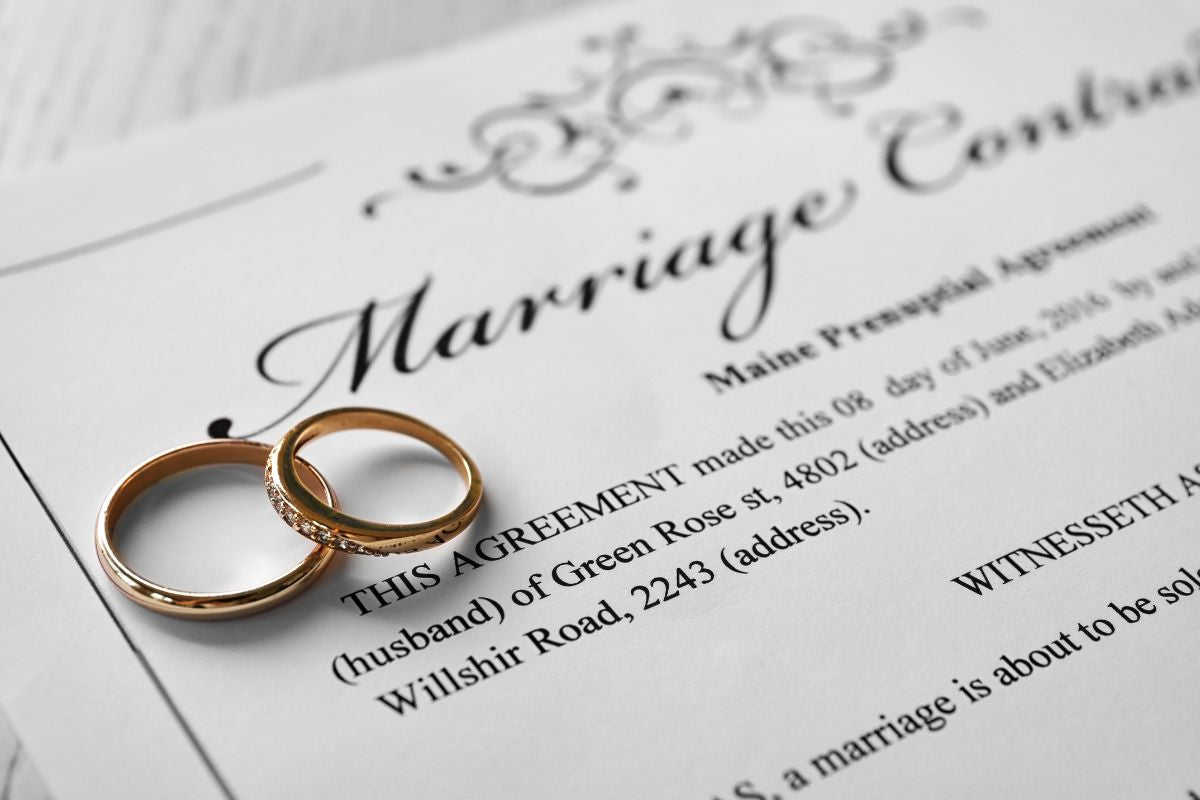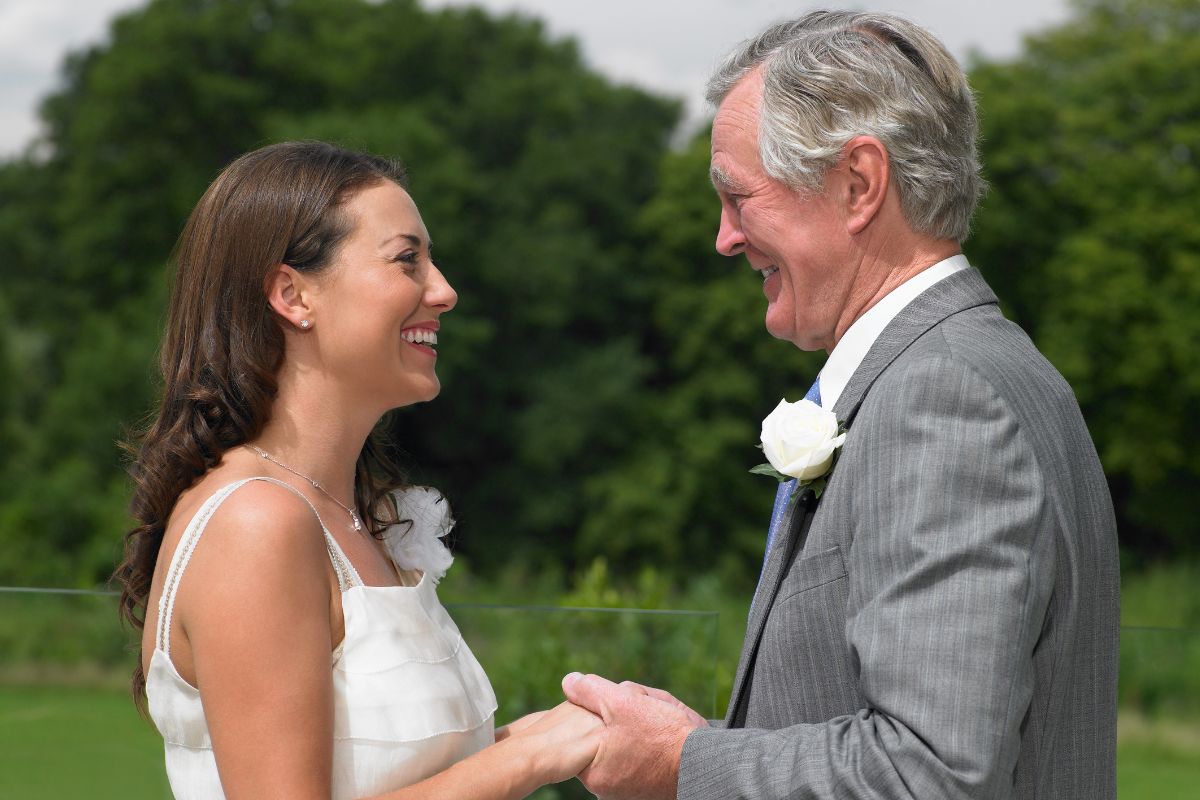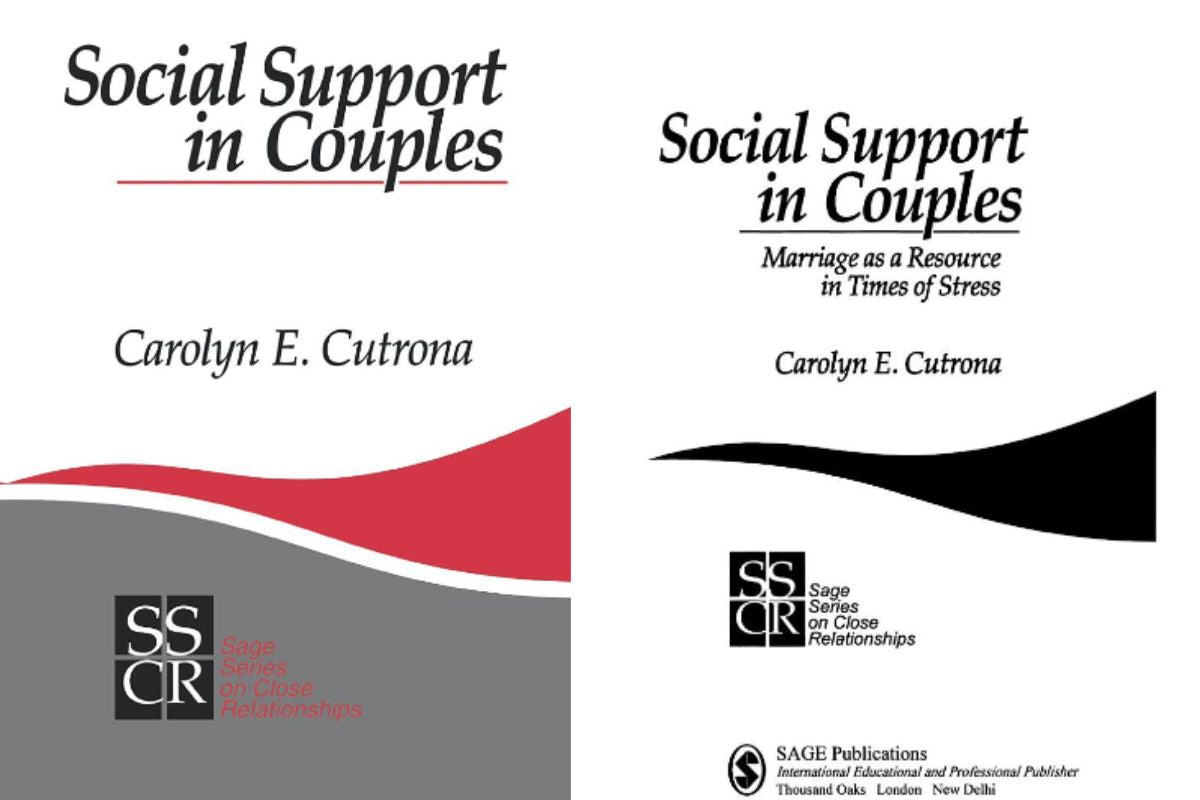
What to Say When Asking a Father to Marry His Daughter: Examples and Best Practices
In many cultures, asking for a father's blessing before asking his daughter to marry you is a tradition that still holds weight. This gesture honors the family values and the role parents play in their children's lives.
It's more than just a simple question. It's a sign of respect and an acknowledgment of the value of family relationships. As commitment and love form the core of a marriage proposal, including the family in this important moment can enrich the experience.
Discover Ring Savings – Brilliant Designs, Better Prices!
Crafting the right words is crucial. It's not simply about asking for permission but rather for a father’s blessing. This conversation is a delicate balance between expressing one's genuine intentions and acknowledging the significance of the bond between a father and his daughter.
For me, it's vital to communicate the depth of my commitment and love, and how I envision building a future together with his daughter. This isn't just about following tradition for tradition's sake; it is about showing that I recognize the importance of family and intend to honor and nurture those bonds, just as I do the relationship with the woman I hope to marry.
Understanding the Tradition
In my exploration of the custom of asking a bride-to-be’s father for her hand in marriage, I consider this act's deep cultural roots and how it's perceived today. I also distinguish between seeking permission and receiving a blessing, and I recognize the encompassing role of family in this tradition.
Cultural Significance
The tradition of asking for a parent's, typically the father's, blessing before proposing has its origins in history and varies across cultures. It can be traced back to times when marriages were considered as the union of two families, not just individuals, and parental approval was paramount.
This practice reflected the values and social structures of societies, such as in ancient Rome, where the father's consent was compulsory.
Modern Perspectives
Today, the perspectives on this tradition have evolved. While some view it as an outdated practice suggestive of ownership, others see it as a respectful gesture that honors family values and the relationship between the parents and their daughter.
The act of asking can symbolize the joining of families and showcase the respect for the bride-to-be's upbringing.
Permission Versus Blessing
It's crucial to distinguish between seeking permission and asking for a blessing. Asking for permission implies a requirement for consent, whereas seeking a blessing is more about respecting traditions and expressing the intention to join the family. Both practices acknowledge the role of the bride's family, but with different implications for autonomy and independence.
The Role of Family
Family remains at the core of this custom. The act of asking encompasses not only the father but often the mother and, at times, siblings. It involves bringing together family and friends for support as relationships evolve into a lifelong commitment.
This approach deepens bonds and weaves the fabric of extended kinship well into the union that is to follow.
Preparing for the Conversation
Eight thoughtful steps to prepare for a respectful conversation.
Reflect
Consider your intentions and your relationship with her father.
Prepare
Plan what you want to say and how you'll express your feelings.
Understand
Consider his values, concerns, and expectations.
Respect
Show genuine respect for him and his role in her life.
Sincerity
Be honest and sincere in your intentions and words.
Listen
Listen to his thoughts and concerns attentively.
Guidance
Ask for his guidance and blessing for your future together.
Feedback
Be open to any feedback or advice he may offer.
When I request a father's blessing before proposing, it's crucial to approach the conversation with respect and sincerity.
For many, this is a significant tradition that honors the family. I aim to be thorough in my preparation, conveying my genuine intentions and building a comfortable atmosphere for the discussion.
Setting the Meeting
Choosing the Venue: I prefer to have this talk in person, opting for a neutral and semi-private setting like a coffee shop or over a dinner at home. It fosters a more personable and comfortable environment.
If geography is an issue, a phone call can suffice, but I avoid text messages for such meaningful conversations.
- In-Person: Coffee shop / Family home / Quiet restaurant
- Phone: Schedule a call in advance
Timing: I choose a time when the father is likely to be free from other commitments and distractions, so the conversation isn't rushed.
Mental and Emotional Preparation
Before the meeting, I take time to prepare myself mentally and emotionally. It's natural to be nerve-wracking, but maintaining calm and confidence is essential.
- Emotional Readiness: Ensuring I am calm and collected
- Confidence: Affirming my decision and my intentions
Scripting Your Speech
I craft a speech, treating it more as a guide than a script, to express my feelings in a meaningful way.
This includes why I want to marry their daughter, how I plan to support her, and what the future may hold for us both. Being prepared helps me stay on track during the conversation.
- Introduction: Respectful greeting to the father (and mom if involved)
- Main Points: Articulate commitment, support, future plans
- Closing: Reiterate respect and desire for his blessing
Considering the Bride's Mother
Often, the bride's mother plays an equally important role. If it's appropriate – and in many cases, it is – I include her in the conversation or meet with her separately.
This shows that I respect and value the opinions of both parents. I treat her with the same reverence, knowing that mothers are pivotal figures in many women's lives.
- Acknowledgment: Recognize the mother's influence and value her blessing
- Engagement: Include her in the discussion if it's customary and comfortable
During the Meeting

When I sit down with a prospective father-in-law, my objectives are clear: to choose an appropriate moment for the conversation, demonstrate my sincerity, share my future plans, and be prepared for his response.
Choosing the Right Moment
I always ensure that the atmosphere is conducive to a serious conversation. Whether it's a quiet dinner at home, a meeting at a coffee shop, or a visit to their house, I choose a setting that's free of distractions.
It's important to find a moment when we can both be comfortable and undisturbed to ensure the conversation flows smoothly.
Expressing Sincerity
As the conversation begins, I maintain eye contact and express my respect and love for his daughter. I underscore why I cherish her and want to be a significant part of her life.
I emphasize my character and intentions, using specific examples of our bonding experiences and the support we've given each other over time.
Discussing Future Plans
I talk about my future plans, including wedding planning and the engagement party, to portray my commitment and the thought I've put into our shared life ahead.
My aim is to show that I don't just desire a wedding proposal but a future filled with support, love, and mutual growth.
Handling the Response
Whatever the father's response may be enthusiastic support, awkward silence, or even if he becomes emotional I remain composed and give him time to express his thoughts.
I listen carefully, respond with empathy, and respect his viewpoint, understanding that this moment is as significant for him as it is for me.
Post-Meeting Considerations

After asking for a father's blessing, it's important to address the aftermath of that meeting with respect to both families involved. I'll help you navigate these waters with grace.
Communicating With Other Parents
Once I've received the father's blessing, it's courteous to inform the other parents if they weren't present.
It’s essential to ensure that step-parents and both sets of in-laws are aware and feel included in this joyful progression toward engagement.
An informal gathering or a personal conversation is often the best way to share the news, affirming their importance in mine and my future spouse's lives.
Engagement Announcements
My now imminent engagement is a joyous announcement to share.
It’s key to decide with my partner when and how we intend to announce our engagement to our wider circle of family and friends as well as to any interested crowd that might be emotionally invested.
Today, options for announcements vary from a traditional gathering to an intricately thought-out social media post. Using evocative images such as one of the engagement ring and emotive words can help convey our happiness to our audience.
Gifts and Gestures of Appreciation
To show my gratitude to the bride's parents, especially to the father for his blessing, a gesture of thanks is in order.
This doesn’t need to be expensive bling or jewelry; heartfelt gifts can carry profound significance. For instance:
- Thank You Card: A hand-written thank you card expressing my sincere gratitude.
- Personalized Gift: A modest gift that is meaningful, such as a photo frame of the family, may speak volumes.
- Family Dinner: Hosting a dinner for all parents as a token of appreciation for their support can forge stronger bonds.
These small yet thoughtful gestures can help cement a positive and lasting relationship with my future in-laws.
The Proposal Itself

Before popping the question, it's essential to carefully plan the proposal, create a moment that feels magical, and consider how to involve family in the process, as they often play a significant role in the journey toward marriage.
Proposal Planning
My proposal planning must be thorough, ensuring that all elements come together seamlessly.
I should start with selecting the perfect engagement ring, a symbol of my commitment and love. It’s important that I know exactly what style my significant other prefers.
Details matter, from the ring’s design to the timing and location of the actual proposal.
I’ll list out all the firsts and significant moments we’ve shared to draw inspiration for my proposal plans, making sure my approach is both personal and poignant.
Creating a Memorable Moment
To create a memorable moment, I’ll brainstorm ideas that are meaningful to both of us.
Perhaps it’s where we had our first date or our favorite secluded spot. I want to ensure it’s a place where we both feel comfortable and can experience the intimacy of the moment.
We can have the moment just the two of us, or in front of a crowd if my partner loves grand gestures. Either way, I’ll remember to speak from the heart about why I want to spend our lives together.
Involving the Family
Involving the family is a gesture that shows respect and acknowledges the importance of family in our union.
I’ll discuss the idea with my best friend or a family member for their perspective.
If it’s important to my partner and their family, I’ll ask for her parent’s blessing, which is a traditional sign of respect. However, the ultimate decision to propose rests with me and my partner, as we are the ones committing to a lifetime together.
Legal and Religious Considerations

When contemplating a proposal, it is crucial to understand the interplay between the legal requirements and the religious customs that may hold significant value for the family. These factors can influence both the act of asking for a father’s blessing and the ensuing matrimonial process.
Understanding Marital Laws
In my research, I have found that marital laws can vary significantly between jurisdictions.
For example, some locations may recognize common-law marriages, while others require formal marriage ceremonies to legalize the union.
It is important to appreciate that the legal complexities of marriage extend to issues of shared assets, responsibilities, and potential implications in the event of divorce. I must ensure that I comply with the pertinent legal stipulations as this demonstrates respect for the legal framework that governs marriage.
Respecting Religious Traditions
Religious traditions also play a substantial role in the context of marriage, and it is often expected that I honor these practices when approaching a father to ask for his daughter’s hand in marriage.
The significance of faith and the church in this process can be profound.
For instance, in Christian weddings, securing a father’s blessing is a step steeped in tradition.
Respecting these religious elements, I recognize that marriage is not merely a legal contract but often a covenant before the individual’s faith and church community. Navigating these traditions with sensitivity can signify my commitment and respect for my partner’s religious background and familial expectations.
Navigating Difficult Circumstances
Start: Begin the process of asking for a daughter's hand in marriage.
Identify Family Dynamics: Understand the family structure and relationships involved.
- Is the father divorced or remarried?
If Yes: Acknowledge and Respect Current Family Dynamic: Recognize and honor the father's current family situation, including any step-parents or extended family members.
If No: Proceed to Next Step: Move on to the next consideration in the process.
- Is the father available and willing to engage?
If Yes: Initiate Conversation with Respect and Understanding: Start the conversation with the father, demonstrating empathy and a willingness to listen.
If No: Proceed to Next Step: Respect the father's decision and continue to maintain open communication channels.
Respect Unavailability, Keep Communication Open, and Avoid Pressuring: Maintain respect and understanding, even if the father is unavailable or unwilling to engage in the conversation.
End: Conclude the process of navigating difficult circumstances in asking for a daughter's hand in marriage.
When approaching the delicately balanced topic of asking for a daughter’s hand in marriage, it’s crucial I address complex family structures with sensitivity and respect. Effective communication is key in these scenarios.
Addressing Divorce and Remarriage
In my discussion with a father who has experienced divorce and possibly remarriage, respect for his current family dynamic is paramount.
It’s important to acknowledge the layers of relationships that this might entail. I would carefully express my intentions, ensuring that I am mindful of any step-parents and the extended family network.
For instance, “I understand that family is more than just biology, and I fully respect the bond you share with your daughter.”
When a Father is Unavailable or Unwilling
If a father is unavailable or unwilling to engage in the conversation about marriage, the situation becomes more delicate.
My approach needs to reflect an understanding of the potential reasons behind his unavailability, without making assumptions.
For example, I would say, “I want to honor the role you’ve played in your daughter’s life, and I’d appreciate any advice you can offer me as I hope to join your family.”
If the father is unwilling, it’s crucial to keep the communication channels open, without pressing the issue, to respect his and the family’s feelings.
Reflections on the Journey

When I consider the path that has led to my decision to ask for a blessing to marry, it becomes clear that this is not just a personal milestone, but also a significant relational moment.
My relationship with my partner has blossomed from initial encounters to a deep, unwavering commitment.
This journey has also been a bonding experience with my potential future father-in-law. It has allowed us to develop a rapport built on mutual respect and understanding.
I’ve had the privilege of getting to know him, appreciating his qualities, and recognizing the values he’s instilled in his daughter.
Here are my thoughts on the conversation:
- Respect: Always approach the conversation with the utmost respect, acknowledging the father’s role and feelings.
- Honesty: Be clear about my intentions and my unwavering dedication to his daughter’s happiness.
- Love: Express the profound love I feel for his daughter, ensuring that it’s evident how much I cherish her.
- Future: Share my vision for a future together, giving assurance that his daughter’s well-being is my priority.
I remind myself that seeking a blessing can be seen as an honor, a tradition that values the family’s role in this important life transition.
It’s not about asking permission; it’s about respecting and honoring the family dynamics that have shaped the person I love.
I understand that the reflections I have on this journey will greatly influence the approach I take during this crucial conversation. The goal is to communicate the depth of my affection and commitment, and perhaps, in doing so, strengthen the bond with my future father-in-law.
Resources and Further Reading

For those seeking guidance on the proper etiquette when asking for a daughter’s hand in marriage, I recommend starting with some comprehensive guides and books that cover the cultural nuances and thoughtful expressions involved in this significant moment.
First, I suggest exploring “Social support in couples: Marriage as a resource in times of stress,” which provides insights into the marital dynamics and the role of family in moments of decision-making. The book can shed light on the importance of parents’ blessing in marriage, particularly from the perspective of the father.
Additionally, reading scholarly articles such as “Social class differences in family-school relationships: The importance of cultural capital” might indirectly offer perspectives on the familial interactions and expectations that could be very relevant when approaching such a conversation. The article underscores the role of cultural capital, which can influence how one might effectively communicate in a family setting.
For a more specific focus on the child-parent relationship and the delicate nature of parental involvement, the article “Family involvement in children’s and adolescents’ schooling” provides an interesting analysis that, while centered on education, reveals much about parental roles and the expectations you might encounter.
Regarding practical advice, a myriad of articles exist that deal with this topic, but ensure that you’re looking for sources that respect and understand the importance of culture and tradition, as these elements are often tightly interwoven with marriage-related customs.
Here’s a structured overview:
- Guides: Look for comprehensive guides on familial customs related to marriage.
- Books: “Social support in couples: Marriage as a resource in times of stress” is a valuable resource.
- Articles: Research pieces like “Social class differences in family-school relationships” offer context on family dynamics and cultural expectations.
- Cultural Understanding: Ensure that the resources acknowledge and respect the cultural significance of asking for a daughter’s hand in marriage.
Also Read
Frequently Asked Questions
Before diving into the specifics of how to ask a father for his daughter’s hand in marriage, it’s important to approach the matter with respect, sincerity, and a touch of personal flair that reflects the relationship I have with both my partner and her father.
How should one approach a father to request his daughter’s hand in marriage?
I ensure that my approach is respectful and sincere. I choose a private and comfortable setting to discuss my intentions, showing my genuine affection for his daughter and my commitment to a future together.
What are some appropriate words to use when seeking a father’s blessing for marriage?
I use phrases that are respectful and heartfelt, such as “I deeply care for your daughter and would be honored to have your blessing to propose to her.” This conveys both my respect for him and my love for his daughter.
Could you suggest a respectful way to write a letter to a father asking for permission to marry his daughter?
In my letter, I express my earnest feelings for his daughter, outline my plans for our future, and assure him of my commitment. I emphasize the importance of his support and blessing in our lives.
In what manner can one inject humor when asking a father for his daughter’s hand in marriage?
I incorporate light-hearted jokes that are in good taste and reflect my relationship with him. An example would be noting that I need a partner in crime for future family board game nights, subtly alluding to the marriage proposal.
What are traditional phrases to use when asking for a father’s approval to propose?
Traditional phrases I might use include “I would be honored to join your family as your son-in-law” or “I’m seeking your blessing to ask for your daughter’s hand in marriage.”
How can someone ask for a family's blessing in marriage while respecting cultural traditions?
I carefully research and honor any cultural traditions. I might also consult with friends or family members to ensure I approach the family in a manner that is respectful and in line with their customs.
Checkout some of our top collections:
Comments
Leave a comment
Please note, comments must be approved before they are published.











menard
October 26, 2024